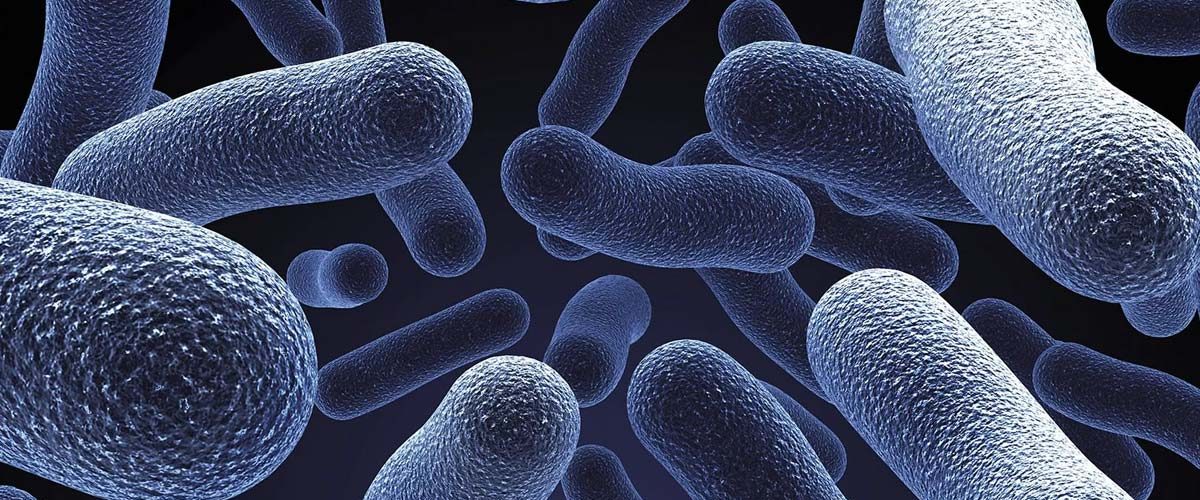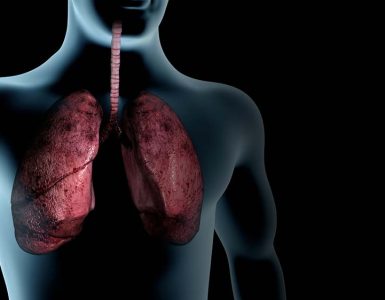A published study in the Journal of Infectious Disease in Developing Countries identified the emerging challenge of Carbapenemase-Producing Bacterial infection (CPB) in Venezuela. The lead author, Liliana Gomez-Gamboa used phenotypic and genotypic methods to diagnosis the gram negative bacteria in the rising number of admitted cases in the Dr. Adolfo Pons Hospital in Maracaibo.
Currently, CPBs are a global public health threat contributing significantly to morbidity and mortality of the country. A total of three classic classes (A, B and D) of Carba penemases have been detected among the reporting patients from all over the Latin America region. The research team pointed out, “ the first sporadic cases of (CPBs);KPC (Klebsiella pneumoniae carba penemase)-producing K. pneumoniae and Entero bacter cloacae were reported in between 2009 to 2010 whereas VIM-2 was identified for the first time in 2002.”
The lead author further highlighted, “in today’s time, the most frequently occurring CBPs infection is caused by Acinetobacter spp. These are carbapenem-hydrolyzing class D β-lactamases (CHDLs).” However, the study’s outcome presented that the majority of patients admitted presented with Klebsiella pneumonia complex infection (40.17%) followed by Acineto bacter baumannii-calcoaceticus complex and Pseudomonas aeruginosa (14.53%).
The Clinical Laboratory Standards Institute (CLSI) and the European Committee on Antimicrobial Susceptibility Testing (EUCAST) guidelines are currently the most used break point standard guidelines for antimicrobial susceptibility testing worldwide.
Thus, to enhance the effectiveness of the antibiotics, a gene analysis was further performed, which isolated two types of genes VIM- type in P. aeruginosa (86.27%) and K. pneumoniae isolates (3.87%). However, the other types, IMP-type and OXA-type genes were not identified.
Thus, the author and his team concluded a widespread predominance of K. pneumoniae KPC producers and a high rate of VIM-producing P. aeruginosa in Venezuela.Furthermore, they recommended implementation of an improved surveillance system to control the rapidly evolving Venezuela environment.
















Add comment